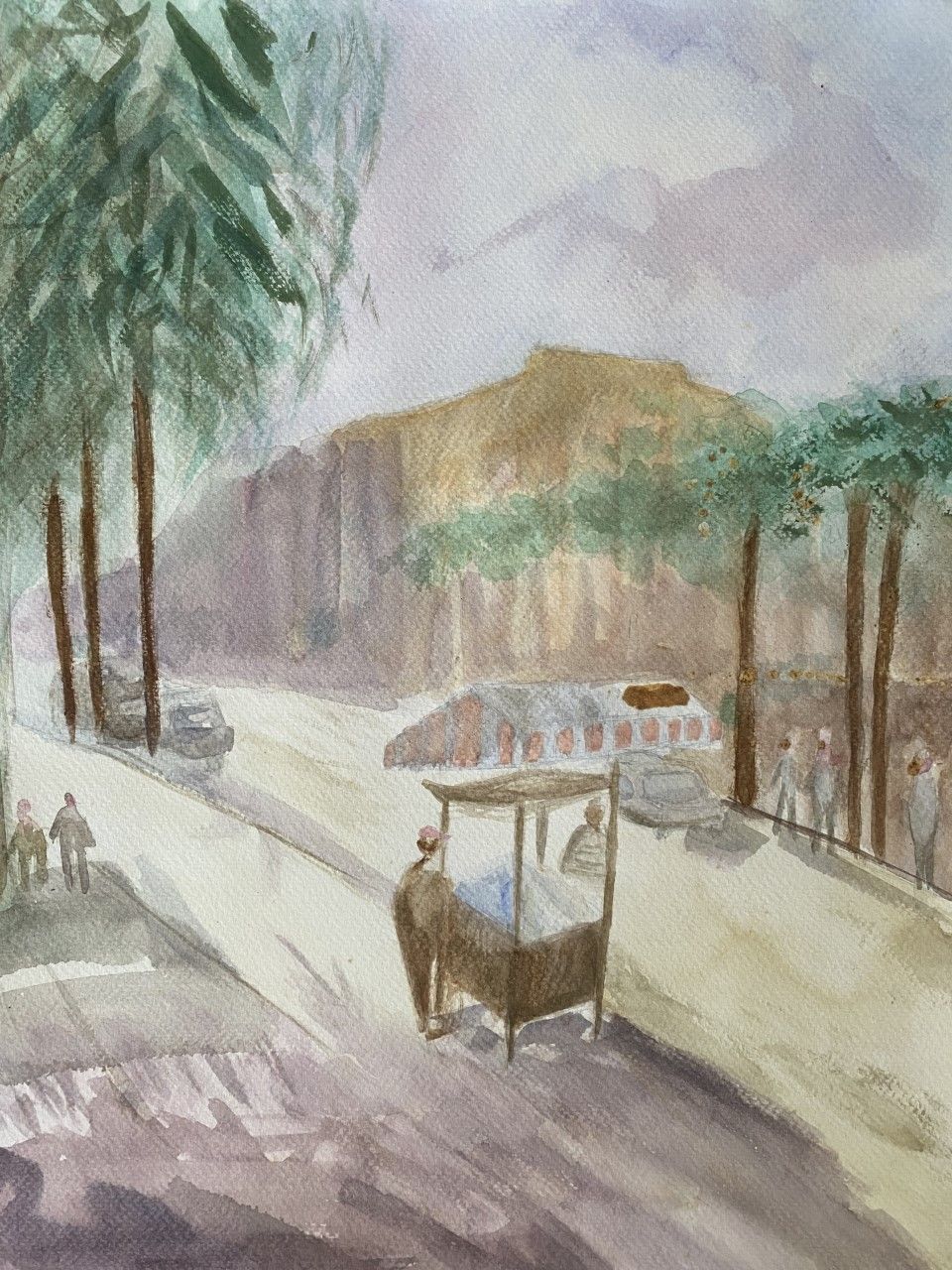Benjamin Cheah Chun Hoi was a man who knew to keep his head down, which was an important trait during the Japanese Occupation. He did his work properly, and never stepped out of line or tried to make a scene. This allowed him to work as a prison clerk for the Japanese throughout the Occupation. His Japanese superiors likely did not think much of him beyond an ordinary, obedient worker, which made his contributions to the post-war trials even more outstanding.
Cheah was born in British Guainía, or North Eastern South America, as his ancestors went there to seek a better life. When he was still a teenager, his family chose to migrate to Penang, Malaysia. Cheah would later come to Singapore to work as a civil servant. He would go on to serve loyally and efficiently in Singapore’s Prisons Department for more than forty years.
During the Occupation, Cheah, who also used the name B. C. Hoi, lived in the Outram Road Prison quarters. He worked as the Chief Record Clerk at the prison. Three notable events happened where he was involved - twice he did not act, but the third time he was able to turn the tide and make an important contribution.
As an administrative worker, Cheah became acquainted with the troubles faced by the jail. Vegetables in prison slowly became scarcer as time went on, and the prisoners’ rations had to be reduced accordingly. He brought this up with the prison’s commandant, Mikizawa, with the solution being for the prisoners to plant vegetables to make up the difference. The vegetables would be fertilised with excreta from the prisoners’ pails.
When a very high rate of beri-beri and dysentery developed among the prisoners, prison doctor Lee Kek Son warned Cheah that the excreta was to blame for the diseases. Cheah relayed the information to Superintendent Tanapathy, but when he asked for a reply to the doctor’s objections, Tanapathy told him not to say anything more on the subject and carry on. Cheah did not voice any more contrary opinions afterwards, and carried quietly on with his job.
Cheah also saw prisoners being punished from his station at the Records Office. He recalled a prisoner who had been forced to drink about two pints of water, then tied up, slapped, and made to stand up and sit down repeatedly. That said, his reaction to the torture as a staff member was outwardly ambivalent. Cheah reiterated that “he did not appear to pay close attention,” as it “did not pay to be curious” – he knew that to keep his head down was the key to survival.
Besides keeping a low profile, Cheah was also an honest man. He did not embellish his testimony with what he did not see, giving a fair and open account to the best of his ability. For example, when asked if water had been spilled on the floor, he did not provide an assumption that there was. Cheah only stated that he did not go into the room to check afterwards, though from his perspective it seemed that the prisoner had been forced to ingest the water.
Despite routinely staying under the radar, Cheah was not subservient to the Japanese. A few days before the Japanese were due to surrender, Mikizawa came down to the Record Office to call for all the registers and documents to be sent off to the incinerator. However, Cheah defied orders to save one important document - the register of deaths - by hiding it in his wastepaper basket. The document was important as it kept a complete record of all deaths that had occurred in the civilian side of the prison, and proved essential to the court in charging the accused. Furthermore, the list of 1000 deaths were also published in the newspaper, allowing family members to obtain closure and the public to honour these men. Cheah placed his life in considerable risk by acting in defiance of Mikizawa’s orders, but it paid off as the court was able to save precious time compiling solid evidence against the wrongdoers.
After the Japanese surrender, Cheah spent long hours giving evidence and information to multiple units of the Field Security Service and War Crimes Teams, even working deep into the night. He was honoured for his war services by the court (which expressed its gratitude by acknowledging his presence of mind during that trying time) as well as with a British Empire Medal after the war. A dinner was also held in the honour of Cheah and 13 other medal recipients.
Though not much is known about him after the war, Cheah seemed to be a progressive person for his time. He married an active and dynamic individual. His wife, besides being a teacher, played tennis and the piano, and drove a car - she would have been considered a modern woman then.
Cheah passed away at 60 years of age on 20 August 1951, leaving behind “his beloved wife, 4 sons, 4 daughters, daughter-in-law” and grandchildren.
